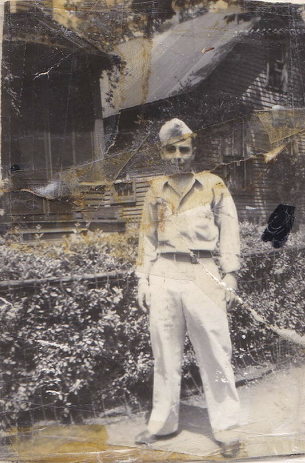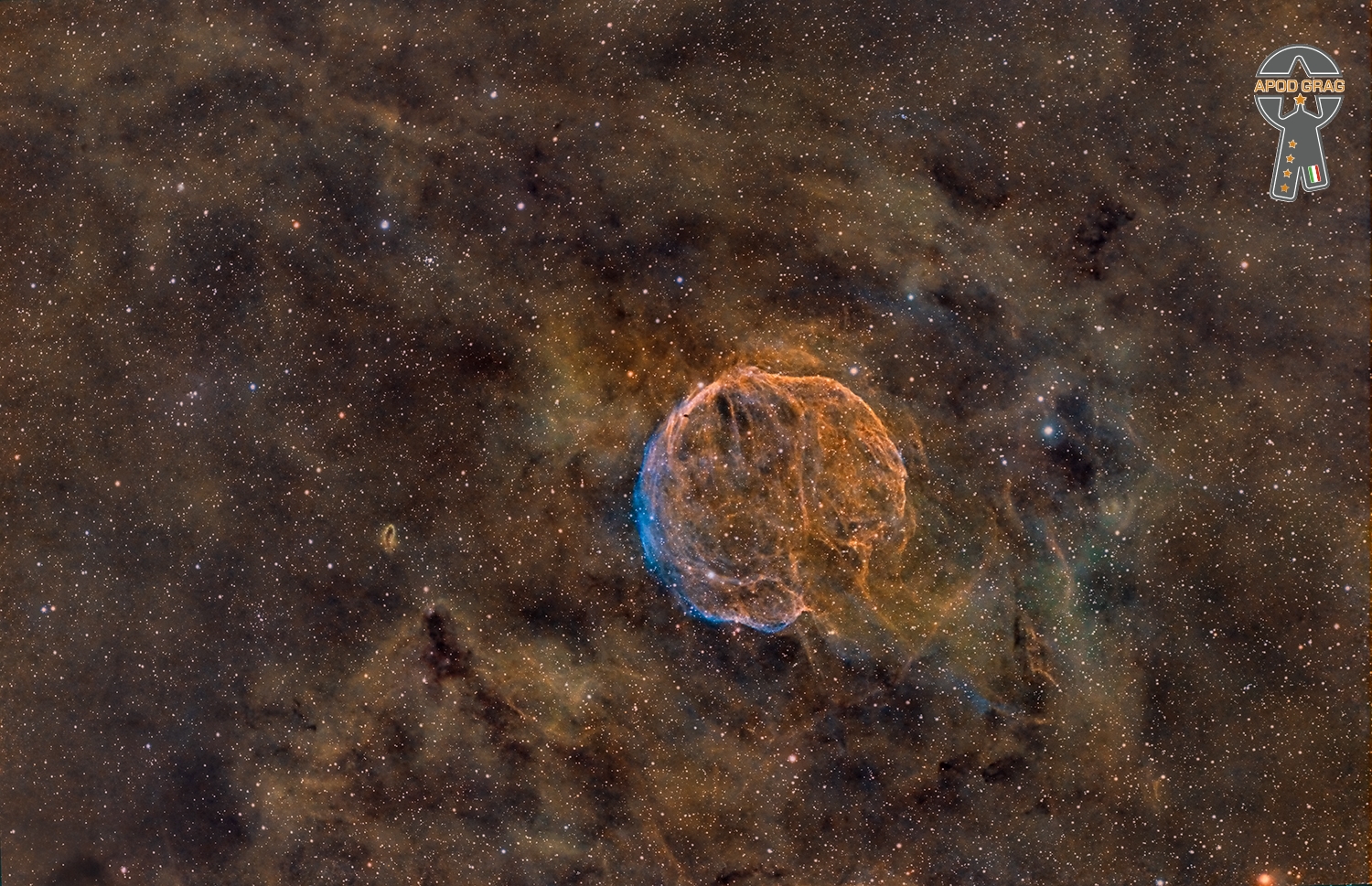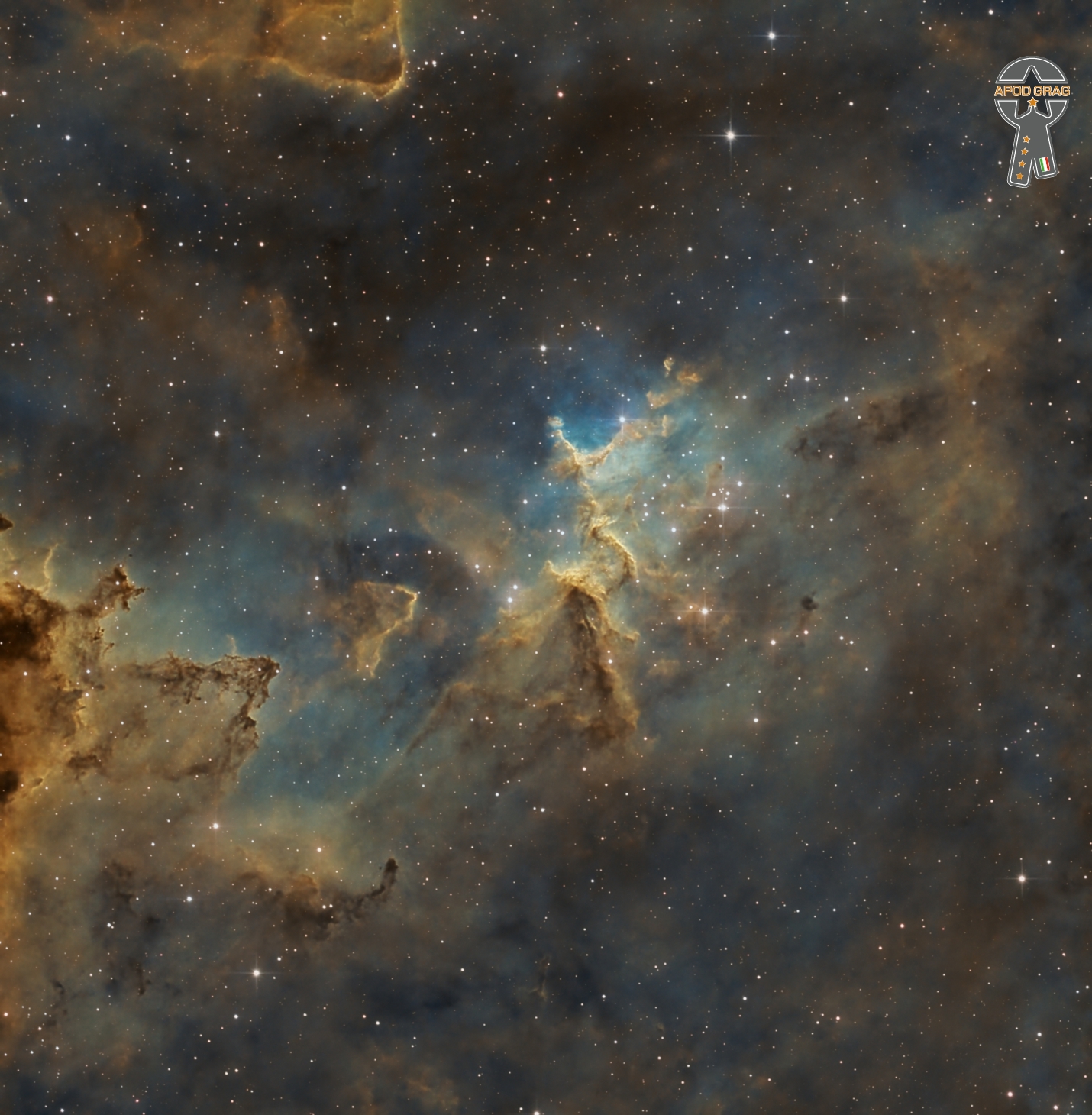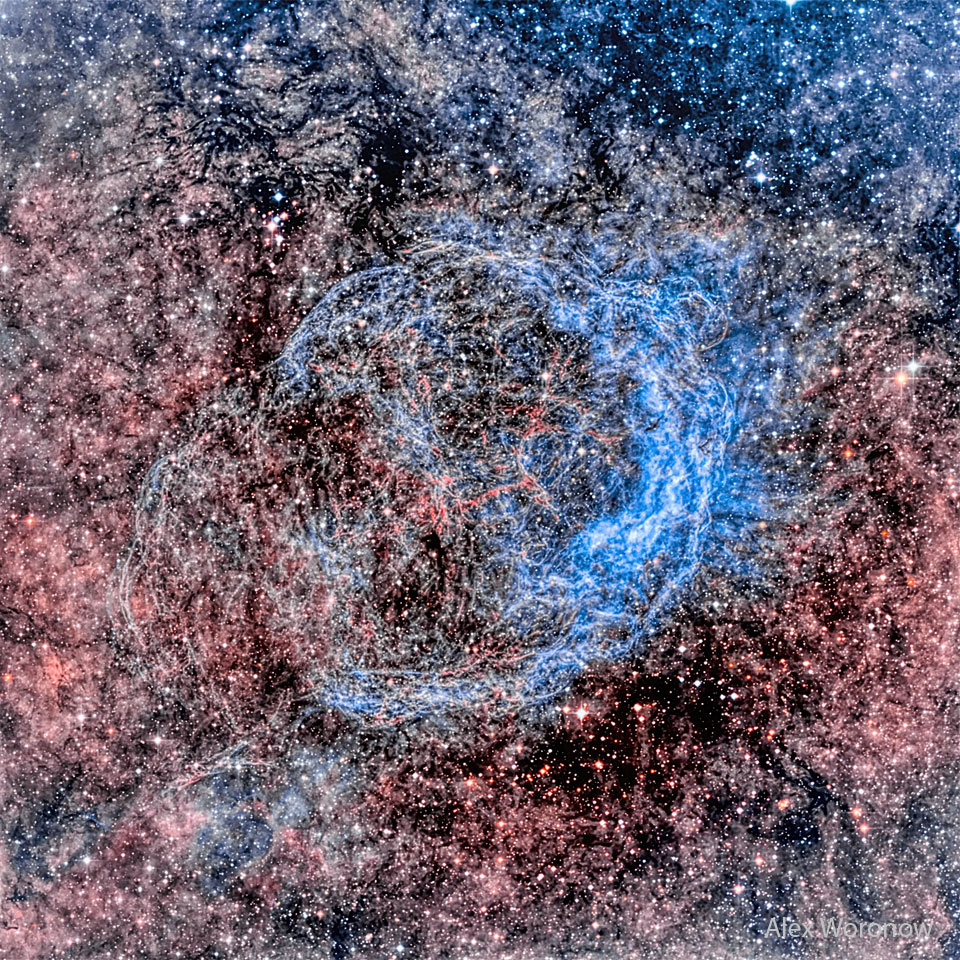Blog
Honoring my dad once again on Veterans Day. A Post Traumatic victim of WWII Mike never quite recovered from his horrific experience during the war stationed in his home country of Italy.

Abell 85, located about 740 million light years from Earth. The purple emission is multi-million degree gas detected in X-rays by NASA’s Chandra X-ray Observatory and the other colors show galaxies in an optical image from the Sloan Digital Sky Survey. This galaxy cluster is one of 86 observed by Chandra to trace how dark energy has stifled the growth of these massive structures over the last 7 billion years. Galaxy clusters are the largest collapsed objects in the Universe and are ideal for studying the properties of dark energy, the mysterious form of repulsive gravity that is driving the accelerated expansion of the Universe.

Kahil El’Zabar (born Clifton Blackburn; November 11, 1953) is an American jazz multi-instrumentalist (mainly a percussionist) and composer. He regularly records for Delmark Records.
El’Zabar was born in Chicago, Illinois. He attended Lake Forest College and joined the Association for the Advancement of Creative Musicians (AACM) in the early 1970s, and became its chairman in 1975. During the 1970s, he formed the musical groups Ritual Trio and the Ethnic Heritage Ensemble, both of which remain active. Musicians with whom Kahil EL’Zabar has collaborated include Dizzy Gillespie, Stevie Wonder, Nina Simone, Cannonball Adderley, Paul Simon, Pharoah Sanders, and Billy Bang.
In 2017 the film “Be Known – The Mystery of Kahil El Zabar” by filmmaker Dwayne Johnson-Cochran was released. The documentary follows El’ Zabar and band on their 2007 Black History Month tour. The film has been available on Amazon Prime.
more...Delores LaVern Baker (November 11, 1929 – March 10, 1997) was an American R&B singer who had several hit records on the pop chart in the 1950s and early 1960s. Her most successful records were “Tweedle Dee” (1955), “Jim Dandy” (1956), and “I Cried a Tear” (1958).
Baker was born Delores Evans in Chicago. She was raised in Calumet City, Illinois. Under her mother’s new surname, McMurley, Delores – on December 23, 1948, at age nineteen, in Cook County, Illinois – married Eugene Williams.
more...Ernestine Anderson (November 11, 1928 – March 10, 2016) was an American jazz and blues singer. In a career spanning more than six decades, she recorded over 30 albums. She was nominated four times for a Grammy Award. She sang at Carnegie Hall, the Kennedy Center, the Monterey Jazz Festival (six times over a 33-year span), as well as at jazz festivals all over the world. In the early 1990s she joined Qwest Records, the label founded by fellow Garfield High School graduate Quincy Jones.
Ernestine Irene Anderson (and her twin sister Josephine) were born in Houston, Texas, on November 11, 1928. Her mother, Erma, was a housewife, and her father, Joseph, a construction worker who sang bass in a gospel quartet. By the age of three, Anderson showed a talent for singing along with her parents’ old blues 78 rpm records by the likes of Bessie “The Empress of the Blues” Smith. Anderson started singing at a local church, singing solos in its gospel choir.
more...Mose John Allison Jr. (November 11, 1927 – November 15, 2016) was an American jazz and blues pianist, singer, and songwriter. He became notable for playing a unique mix of blues and modern jazz, both singing and playing piano. After moving to New York in 1956, he worked primarily in jazz settings, playing with jazz musicians like Stan Getz, Al Cohn, and Zoot Sims, along with producing numerous recordings.
He is described as having been “one of the finest songwriters in 20th-century blues.” His songs were strongly dependent on evoking moods, with his individualistic, “quirky”, and subtle ironic humor. His writing influence on R&B had well-known fans recording his songs, among them Pete Townshend, who recorded his “Young Man Blues” for the Who‘s Live at Leeds album in 1970. John Mayall was one of dozens who recorded his classic, “Parchman Farm“, and Georgie Fame used many of Allison’s songs. Others who recorded his songs included Leon Russell (“I’m Smashed”) and Bonnie Raitt (“Everybody’s Cryin’ Mercy”).
The 1980s saw an increase in his popularity with new fans drawn to his unique blend of modern jazz. In the 1990s he began recording more consistently. Van Morrison, Georgie Fame and Ben Sidran collaborated with him on a tribute album, Tell Me Something: The Songs of Mose Allison. The Pixies wrote the song “Allison” as a tribute.
Allison’s music had an important influence on other artists, such as Jimi Hendrix, J. J. Cale, the Yardbirds, the Rolling Stones, Tom Waits, and Pete Townshend. He was inducted into the Long Island Music Hall of Fame in 2006.
Allison was born in Tallahatchie County, Mississippi on his grandfather’s farm (known as “the Island”), located outside the small unincorporated community of Tippo. The farm got the name, according to Allison, “because Tippo Bayou encircles it.” He took piano lessons at 5, picked cotton, played piano in grammar school and trumpet in high school, and wrote his first song at 13.
more...Siguirillas (also spelled Seguirillas, Seguiriya, Seguidilla- take your pick!) is an intense palo, considered cante jondo (deep song.) It’s similar to Solea in that it is profound and extremely soulful, however, it tends to be more aggressively danced if the tempo is faster. Otherwise, it can also be danced to a syrupy slow tempo.
When I first learned this rhythm, my teacher taught it as a “backward Buleria” or as a “12 count” with the accents on 12/2/4/7/10.
12 – 1 – 2 – 3 – 4 – 5 – 6 – 7 – 8 – 9 – 10 – 11 – 12 – 1 – 2 – 3 – 4 – 5 – 6 – 7 – 8 – 9 – 10
BUT it’s generally counted in fives!!! 1 and 2 and 3 and and 4 and and 5 and 1 and 2…..
1 – | – 2 – | – 3 – | – | – 4 – | – | – 5 – | – 1 – | – 2 – | – 3 – | – | – 4 – | – | – 5
The format of the dance is pretty standard, except the final fast letra (which is Bulerias for 12 count dances or Tangos for 4 count dances) is called the Macho. The Macho also serves as the estribillo(ending chorus.)
General Structure of Siguirillas:
- Falseta– melodic guitar
- Entrada– singer starts with ay, ay, ay
- Llamada– dancer “calls” the singer to sing with a percussive break
- Letra– singing verse
- Escobilla– long footwork section
- Macho– ending chorus
A major winter storm is heading for Minnesota’s North Shore today — Thursday, Nov. 10 — with gale warnings up for western Lake Superior and waves reaching as high as 12 feet.
It’s just the kind of weather the iron ore carrier Edmund Fitzgerald sailed through out of the Twin Ports as it headed for its tragic end, 47 years ago on Nov. 10, 1975.
In memory of that fateful voyage, Split Rock Lighthouse northeast of Two Harbors will mark the anniversary tonight with its annual ceremony, including tolling a bell 29 times for the crew of the Fitzgerald, and then once more.
“They call it the muster of the last watch,” said Hayes Scriven, lighthouse site manager for the Minnesota Historical Society. “Usually when all the crew members go down on a ship they do this muster. So that still kind of recognizes them, that they’re here for their watch. And it’s our way of kind of paying respect to the people that had perished on the ship. And then we added a 30th bell toll for all the sailors that were lost on the Great Lakes.”
The ceremony is scheduled to start at about 4:30 p.m. today. It’s outdoors, and the weather is expected to be blustery: The National Weather Service has issued a winter weather advisory for the area through noon Friday. The ceremony will also stream on YouTube.
Scriven said the observance also includes lighting the lighthouse beacon at Split Rock.
It went out of official service in 1969 after nearly 60 years of guiding ships through what was once called “the most dangerous piece of water in the world.” The state acquired the site in 1971, eventually turning it into a museum and visitor landmark near Two Harbors, as well as a surrounding state park.
The landmark has been restored to its original operating condition, and the beacon will be lit Thursday night for a couple hours, shining across the November waves.
“We’ve kind of restored it back to its 1910 operation. We still run everything with a hand crank. Every two hours we need to rotate the crank again to make sure the lens is still spinning,” Scriven said. “It’s a third-order Fresnel lens with a 1,000 watt incandescent bulb in there. So it’s kind of like a big theater light that shines out 22 miles over the lake”.
more...The Heart Nebula (also known as the Running dog nebula), IC 1805, Sharpless 2-190, is some 7500 light years away from Earth and is located in the Perseus Arm of the Galaxy in the constellation Cassiopeia. It was discovered by William Herschel on 3 November 1787. It is an emission nebula showing glowing ionized hydrogen gas and darker dust lanes.

Russell Charles Means (November 10, 1939 – October 22, 2012) was an Oglala Lakota activist for the rights of Native Americans, libertarian political activist, actor, musician, and writer. He became a prominent member of the American Indian Movement (AIM) after joining the organization in 1968 and helped organize notable events that attracted national and international media coverage.
Means was active in international issues of indigenous peoples, including working with groups in Central and South America and with the United Nations for recognition of their rights. He was active in politics at his native Pine Ridge Indian Reservation and at the state and national level.
Beginning an acting career in 1992, he appeared on numerous television series and in several films, including The Last of the Mohicans and Pocahontas and released his own music CD. Means published his autobiography Where White Men Fear to Tread in 1995.
more...Bobby Rush (born Emmett Ellis Jr. in Homer, Louisiana on November 10, 1933) is an American blues musician, composer, and singer. His style incorporates elements of blues, rap, and funk.
Rush has won twelve Blues Music Awards and in 2017, at the age of 83, he won his first Grammy Award for the album Porcupine Meat. He is inducted into the Blues Hall of Fame, Mississippi Musicians Hall of Fame, and Rhythm & Blues Music Hall of Fame.
Rush is the son of Emmett and Mattie Ellis. His father was a pastor whose guitar and harmonica playing provided early musical influences. As a young child he began experimenting with music using a sugarcane syrup bucket and a broom-wire diddley bow. Around 1947, he and the family moved to Pine Bluff, Arkansas, where his father took on the pastorate of a church and was a farmer.
It was here that Rush would become friends with Elmore James, the slide player Boyd Gilmore (James’s cousin), and the piano player Johnny “Big Moose” Walker; eventually forming a band to support his singing and harmonica and guitar playing. His band, Bobby Rush and the Four Jivers, consisted of Gilmore, Walker, Pinetop Perkins, and Robert Plunkett. Through Gilmore, Rush became friends with Clarksdale musician Ike Turner.
more...Andrew Charles Cyrille (born November 10, 1939) is an American avant-garde jazz drummer. Throughout his career, he has performed both as a leader and a sideman in the bands of Walt Dickerson and Cecil Taylor, among others. AllMusic biographer Chris Kelsey wrote: “Few free-jazz drummers play with a tenth of Cyrille’s grace and authority. His energy is unflagging, his power absolute, tempered only by an ever-present sense of propriety.”
Cyrille was born in Brooklyn, New York, United States, into a Haitian family. He began studying science at St. John’s University, but was already playing jazz in the evenings and switched his studies to the Juilliard School. His first drum teachers were fellow Brooklyn-based drummers Willie Jones and Lenny McBrowne; through them, Cyrille met Max Roach. Nonetheless, Cyrille became a disciple of Philly Joe Jones.
His first professional engagement was as an accompanist of singer Nellie Lutcher, and he had an early recording session with Coleman Hawkins. Trumpeter Ted Curson introduced him to pianist Cecil Taylor when Cyrille was 18.
more...Hubert Laws (born November 10, 1939) is an American flutist and saxophonist with a career spanning over 40 years in jazz, classical, and other music genres. Laws is one of the few classical artists who has also mastered jazz, pop, and rhythm-and-blues genres, moving effortlessly from one repertory to another.
Hubert Laws, Jr. was born November 10, 1939, in the Studewood section of Houston, Texas, the second of eight children to Hubert Laws, Sr. and Miola Luverta Donahue. Many of his siblings also entered the music industry, including saxophonist Ronnie and vocalists Eloise, Debra, and Johnnie Laws. He began playing flute in high school after volunteering to substitute for the school orchestra’s regular flutist. He became adept at jazz improvisation by playing in the Houston-area jazz group the Swingsters, which eventually evolved into the Modern Jazz Sextet, the Night Hawks, and The Crusaders. At the age of 15, he was a member of the early Jazz Crusaders while in Texas (1954–60), and also played classical music during those years.
more...Brazilian singer Gal Costa, one of the most influential artists in Brazil’s Tropicalia movement of the 1960s, died on Wednesday. She was 77 years old. Her death was confirmed by her press team to CNN affiliate CNN Brasil. Gal Costa’s official Instagram account also published a short statement Wednesday morning along with a black and white photo of the singer. “It is with deep sadness and a broken heart that we inform the death of singer Gal Costa this Wednesday morning, November 9th, in São Paulo. Details on her wake and funeral will be shared at a later date. We appreciate everyone’s caring thoughts during this very difficult time.” The cause of death was not confirmed by her press team, according to CNN Brasil. The singer had been recovering from a nasal surgical procedure over the last three weeks, according to a press release, CNN Brasil reported. Gal Costa (born Maria da Graça Costa Penna Burgos, 26 September 1945 – 9 November 2022) was a Brazilian singer of popular music. She was a principal figure of the tropicalia music scene in Brazil in the late 1960s and appeared on the acclaimed compilation Tropicália: ou Panis et Circenses (1968).
more...Also known as NGC 3199, this active star and its surrounding nebula lie about 12,000 light-years away toward the nautical southern constellation of Carina. The featured deep image has been highly processed to bring out filamentary details of the glowing gas in the bubble-shaped nebula. The nebula is about 75 light-years across. Near the nebula’s center is a Wolf-Rayet star, WR-18, which is a massive, hot, short-lived star that generates an intense and complex stellar wind. In fact, Wolf-Rayet stars are known to create nebulas with interesting shapes as their powerful winds sweep up surrounding interstellar material. In this case, the bright right edge was initially thought to indicate that a bow shock was being produced as the star plowed through a uniform medium, like a boat through water.Recent measurements and analyses, however, have shown the star is not moving quickly toward the bright edge. A more likely explanation has emerged that the material surrounding the star is not uniform, but clumped and denser near the bright edge.

more...
November 9th 1977 Jamie has built a strong reputation throughout the UK and overseas, as a dynamic jazz guitarist and teacher. His playing has been heard at a long list of clubs and festivals, such as Ronnie Scott’s, The Vortex, Pizza Express Jazz Club, Oliver’s, Manchester Jazz Festival, NQ Jazz (Manchester), Birmingham Jazz, Wakefield Jazz, Sheffield Jazz, Leeds Jazz, RNCM, Stavanger Trad Festival (part of Mai Jazz), Scarborough Jazz Festival, The Blue Lamp (Aberdeen), Benningan’s (Londonderry/Derry), Bonington Theatre (Nottingham), and Lincoln Drill Hall amongst many others.
Jamie appears frequently with drummer Sebastiaan DeKrom’s resident trio at the legendary Troubadour club in London’s Earl’s Court, usually alongside organist Pete Whittaker, or regular bassists Jeremy Brown and Steve Watts. Meanwhile, his collaboration with fellow guitarist Sam Dunn is a recurrent feature of Ronnie’s Scott’s ‘Two For The Road’ duo series. Jamie has also been privileged to work on a more occasional basis with many other excellent jazz musicians, among them Baptiste Herbin, Wayne Escoffery, Sheryl Bailey, John Stowell, John Goldsby, Bart DeFoort, Roni Ben-Hur, Steve Fishwick, Alan Barnes, Tori Freestone, and Richard Iles.
more...Jesse Davis (born November 9th, 1965) is an American jazz saxophonist. He began as a student in Ellis Marsalis‘s New Orleans Center for Creative Arts. After graduating, Davis embarked on a productive jazz career, recording eight albums on the Concord Jazz label, alongside collaborations with such artists as Jack McDuff and Illinois Jacquet. Davis has studied music at Northeastern Illinois University, and in 1989 he received a “Most Outstanding Musician award” from Down Beat magazine.
more...More Posts
- Herbie Nichols
- Daily Roots Roots Radics
- Flamenco Fridays Montoya
- Racism & Patriotism
- Little Smokey Smothers
- Isao Suzuki
- Cosmo Sh2-216
- Ari Brown
- Frank Marocco
- Nick Fatool
- Trombone Shorty NOLA Dedication
- World Music Aboubakar Traoré & Balima
- Daily Roots The Revolutionaries
- Welcoming the New Year with Grace & Kindness
- Happy New Year 2025
- Cosmo Alpha Centauri
- Alpha Blondy Praying for Jerusalem
- Milt Jackson
- Slim Gaillard
- Xavier Cugat